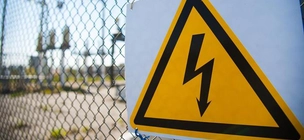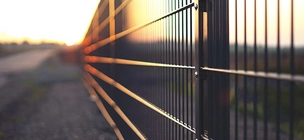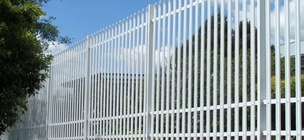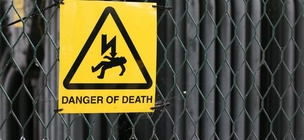Electrical fences are dangerous, so you need to obtain permission before installing them. What are they? Where do you get them? How much will they cost you and how long are they valid?
- You need an Electrical Fence System Certificate of Compliance,
- a certificate of compliance for the electrical fence energiser,
- a letter of authority for the energiser,
- and, in some cases, your neighbour's written consent.
1. An Electrical Fence System Certificate of Compliance
What is the Electrical Fence System Certificate of Compliance (EFSCoC), and why do I need one?
It is a document that proves that your electric fence is in good working order, cannot be easily touched by accident and complies with the legislation. It further shows your electric fence will not cause television, telephone, and radio interference.
Note: Insurance will only cover incidents such as the destruction of your electric fence by lightning if you have an EFSCoC. Without a valid Electric Fence System Certificate of Compliance, property owners are civilly and criminally liable for injuries caused by their electric fence.
Where do I get my Electrical Fence System Certificate of Compliance?
You get an EFSCoC from an electric fence installer registered with the Department of Labour after installing and testing the electric fence. You must demand the EFSCoC if they do not provide it.
How much does EFSCoC cost, and how long does it take to get it?
If the electric fence installation is compliant, the electric fence system installer will issue a certificate at no cost. You can expect a fee ranging from R1500 to R5000 if an inspector is doing a compliance test.
How long is an Electrical Fence System Certificate of Compliance valid?
EFSCoCs are valid indefinitely if no major modifications or alterations have been done to the fence.
2. A certificate for the energiser of the electrical fence
What is an electrical fence energiser certificate of compliance, and why do I need one?
An energiser's seller or manufacturer must have a test certificate issued by a laboratory certifying that the energiser meets the South African National Standards (SANS). A certificate ensures that the fence cannot emit life-threatening shocks to humans and animals.
Where do I get a certificate of compliance for my electrical fence energiser?
The electric fence installer has to give you the energiser certificate. If you bought the energiser yourself, you get the certificate from the seller.
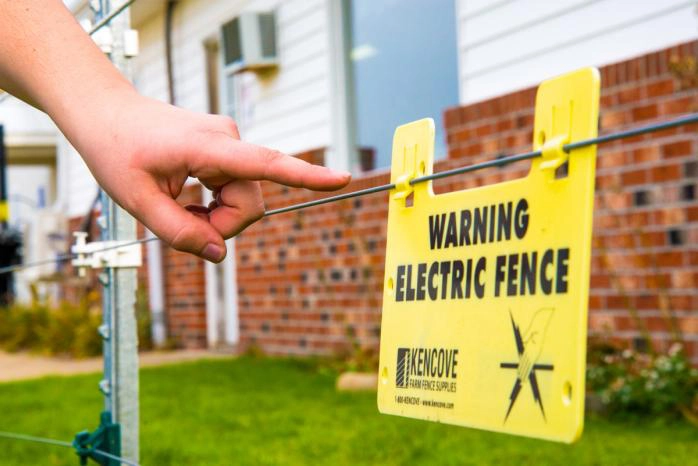
How much will the energiser certificate cost me?
The cost of the energiser certificate is embedded within the cost of the electric fence.
How long is the certificate for an electric fence energiser valid?
The certificate of compliance for an energiser is valid for five years.
3. A Letter of Authority for the energiser
What is a letter of authority (LoA), and why do I need one for my energiser?
An LoA is a Letter of Authority issued by the National Regulator for Compulsory Standards. All electrical appliances and electronic products that connect to the power grid need a LoA approval. The LoA shows that the energiser in your electric fence follows national standards.
Where do I get an LoA for my electrical fence energiser?
The letter of authority should be produced by the seller, importer or manufacturer of the energiser upon buying it.
How long does it take to get the letter of authority for the energiser?
It takes 4 to 6 days to be issued a letter of authority in South Africa. However, you get it from the seller at the time of the purchaseor the registered electric fence installer brings it along.
How long is a letter of authority for an energiser valid?
A Letter of Authority (LoA) is valid for three years.
4. A written permission from your neighbour
In which cases do I need permission from my neighbour for an electrical fence installation?
If your fence is extending into your neighbours property or you want to do something that is not normally allowed, your neighbour will have to agree – in writing. For example, you need consent if the brackets are angled into a neighbour’s property. Or if you want to weld your electric fence into their palisade. If they disagree, do not do it as you may end up in court.
